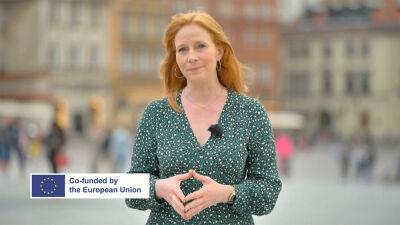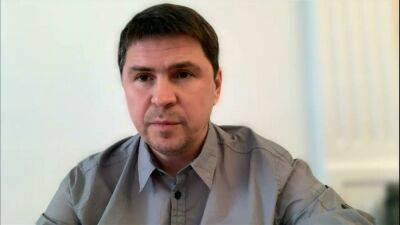As cost of living soars, why is war in Ukraine hitting Europe’s economy so hard?
This week's Real Economy takes a look at how Russia's war in Ukraine is impacting Europe's economy and asks what next?
The EU27 and eurozone economies had been on a path of strong recovery and growth coming out of the pandemic, but the EU has recently cut its forecast for growth and hiked its inflation forecast.
A new surge in energy prices, linked to Europe's dependence on Russian energy is driving inflation to record highs.
Ukraine and Russia produce almost a third of the world's wheat and barley and are major exporters of metals. Disruptions to these supply chains as well as rising costs for many raw materials have pushed up the cost of food and other basic goods and services.
This puts a strain on businesses and less money in consumers' pockets. The EU has therefore cut its economic growth forecast: real GDP growth in both the EU and the euro area is now expected to reach 2.7 percent in 2022 and 2.3 percent in 2023, down from 4.0 percent and 2.8 percent (2.7 percent in the euro area), respectively, from the winter 2022 interim forecast.
Inflation - forecast at 3.9 percent just a few months ago - is now expected to average at 6.8 percent.
The war is hurting some EU economies more than others. Germany’s growth forecast is one of the lowest in Europe at 1.6 percent.
Germany’s Mittelstand, or mid-sized companies, are its economic backbone. But this eco-system of local firms is also heavily dependent on neighbouring countries, including Ukraine.
In 2021, the European Union imported 760 million euros-worth of Ukrainian cable. Most of that went to the car industry, but the aerospace sector is also reliant on it.
While Rocket Factor Augsburg (RFA) doesn’t get its supplies directly from Ukraine, when Russia invaded its neighbour in





